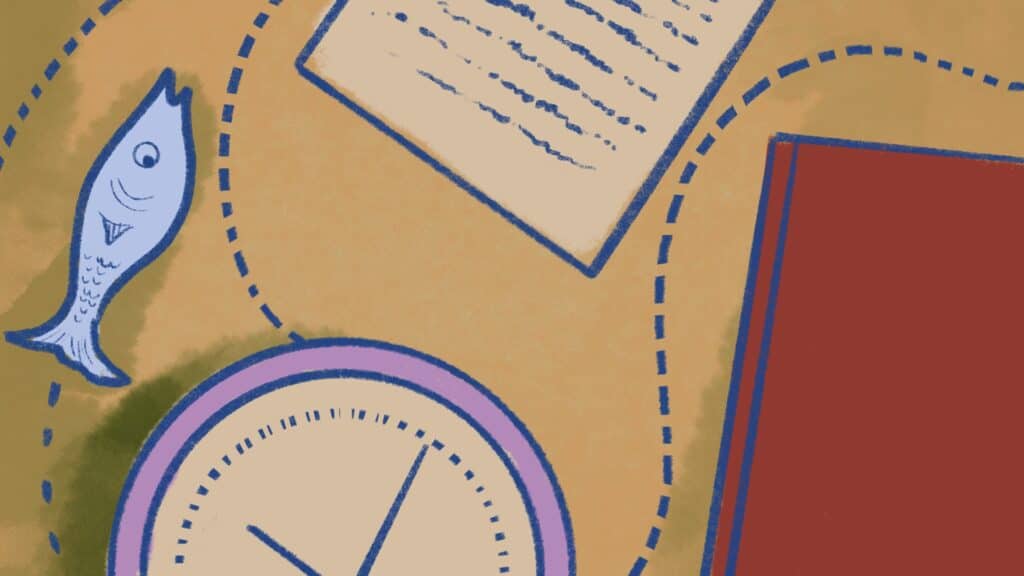How Should I Structure My Day?

You've decided to take the leap.
As a creative, you'll have days where everything you look at inspires you. Other days will drag on, and coming up with something useful will be like trying to squeeze a cup of juice out of a single cherry tomato. When this happens, it really helps to have a schedule or a plan in place, so that even if you're floundering, you're only floundering for a defined period of time.
Start the night before.
Make a list of things that you need to do the next day, per Ash Thorp. Organize them by importance:
- Group A are tasks that you must complete.
- Group B are things that are fairly important, but not has crucial as Group A.
- Group C are a tier down below that,
- Group D are things that you don't really have to do, or things that you could perhaps outsource to someone else, or that you could do whenever you have some free time.
For instance:
- Group A: Complete two illustrations for a client, and take the cat to the vet.
- Group B: Decide on a couple of fonts that you want to try out for a design that you haven't started yet.
- Group C: Buy some new running shoes.
- Group D: Read that article your sister was telling you about.
You'll start to realize how many things you do that you shouldn't be doing, so you just try and drop it off. But anyways, I basically only do A-list, maybe B-list stuff. That's it. I don't even deal with any kind of thing in C or D or anything else. When I started doing this system, I managed to cut out 40% of the shit that was dragging me down.
Take breaks.
It's important to walk away now and then. Different times work for different people, but I've found that if you make an agreement with yourself to work for 90 minutes at a stretch, you'll find it easy to concentrate when you know there's an "end" to the concentration.
The adverse, of course, is to get so into the project that when "break time" comes, you don't want to stop. That's okay ... if you know you can handle it. Some of us go so hard, that the next day, we're useless. For me, it's really important to take a step back and think intentionally about something else. Often when I come back with refreshed eyes, I notice something new.
Have a set end time, if possible
If you're on a tight deadline, this might not always be possible, but this is how we prevent burnout each day — and dread.
Always have a good idea of what you're going to do that day
This ties into the first step, but it's also a good rule of thumb in general. If you have a clear goal and you're on schedule, then you know that you're making quantifiable progress. You can feel good about yourself for sticking to a deadline. This is also a great way to understand how long a task takes — and enables you to really dial in on your own time management. This is crucial if you're mostly self-directed.
What are tips and tricks that you use for yourself? Let me know!

Hi! I'm Piya. I'm a freelance creative starting a new career, and I want to help you start yours, too.